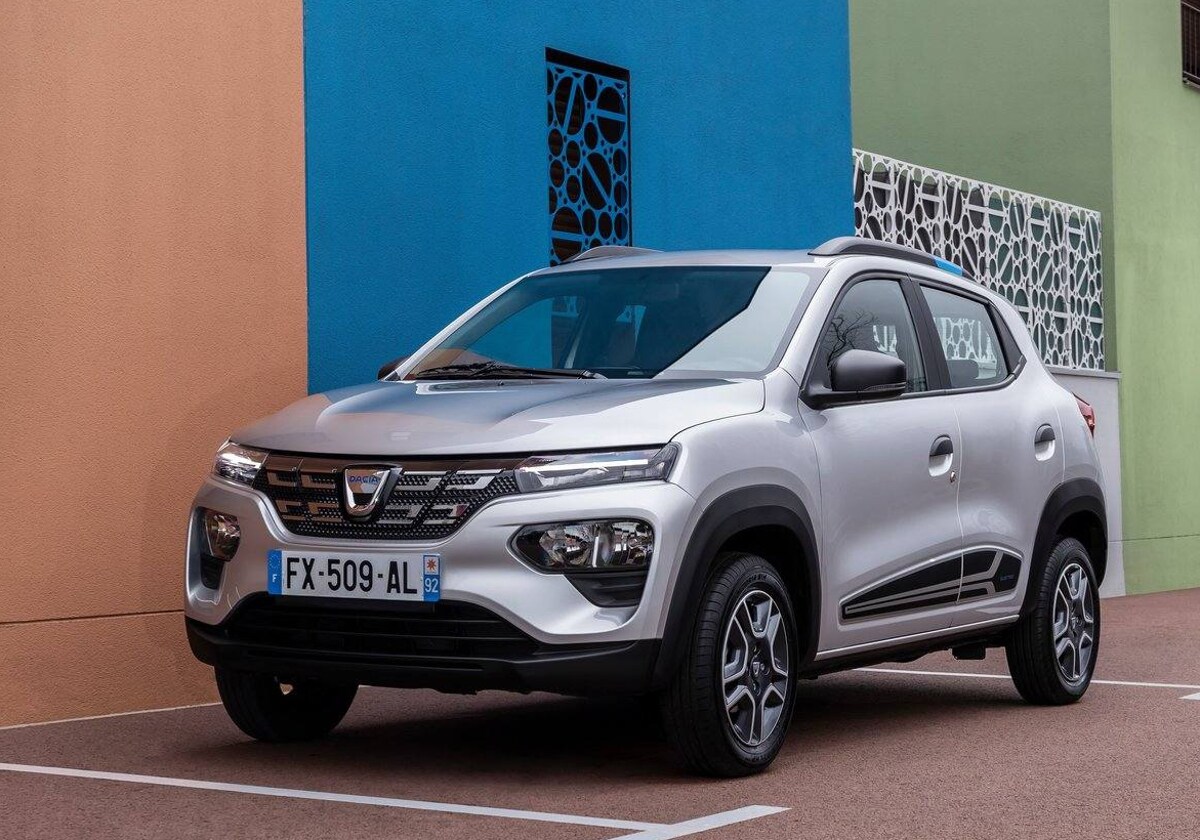In Spain, the accumulated decline in the market until April – 12% to 233,694 units – is due to manufacturers focusing on profitable channels, leaving aside rental companies, one of the largest buyers in Spain.
This has been revealed
Jose Miguel Aparicio, director of the national subsidiary of Audi. The reason for allocating sales to individuals and businesses is that the industry continues to suffer from the impact of the semiconductor shortage.
The Volkswagen Group, to which the four-ring brand belongs, is one of the consortia most noticing this shortage, with production falling 21.9% in the first quarter of 2022 to 1.89 million units.
The forecasts are not very favourablehe stated, although he estimates that the chip supply will improve in the second half of the year.
For the Spanish market, the estimates are not flattering: “We are in the area of the past two years,” he says. That’s about 860,000 units. In 2020 it was 851,869 (-32%); while in 2021, “when a growth of 20% was expected”, 859,859 cars were registered.
Despite these declines in production and sales, automakers have posted record profits and operating margins, primarily by focusing on the aforementioned channels and simplifying their ranges to sell better-equipped and more profitable models.
Audi’s 2021 profit margin was 24.3% —well above the industry average—, although this figure was exceptional, due to the fact that the consortium received positive financial returns from hedging against rising commodity prices. The premium division, which includes the results of Bentley, Lamborghini and Ducati, had a turnover of 14,282 million euros.
“In a normal situation
the Spanish market has the potential to reach 1.2 million registrations years’, but blames the slow pace and lack of supply on high inflation and widespread buyer mistrust.
These statements are made in the context of the
presentation of the Audi RS rangewhich delivers the highest performance of virtually all its models, from the compact RS3 to the 100% electric RS e-tron.
These vehicles are built around three very powerful engines shared by several cars: a 400hp five-cylinder powering the RS3, RS Q3 and RS TT; a 450 hp V6 for the RS4 Avant and RS5 and, already entering the big class, a 600 hp V8, used by the RS6 Avant, RS7 and RS Q8, a massive SUV that can reach 100 km/h in less than four seconds can reach.
In addition, they have the R8 supercar available, with a V10 engine and four-wheel drive – a propeller it shares with the Lamborghini Huracán – and the electric RS e-tron, with an acceleration of 3.3 seconds and 646 horsepower. 368 units of this series were sold in Spain, with the RS Q8 being the most requested model.
Source: La Verdad
I am Ida Scott, a journalist and content author with a passion for uncovering the truth. I have been writing professionally for Today Times Live since 2020 and specialize in political news. My career began when I was just 17; I had already developed a knack for research and an eye for detail which made me stand out from my peers.



